
Specific blood vessels near the heart rely on receptors to keep blood pressure at a healthy level. When alcohol is in the marijuana addiction blood, these receptors do not function as they should. The effects of alcohol consumption on the blood are either short-term or long-term. Short-term effects happen to occur during or directly after consuming alcohol, and long-term effects are driven by excessive use over an extended period of time. But having more than three alcoholic drinks daily could increase your risk for a type of stroke caused by bleeding in the brain (hemorrhagic strokes). Researchers have found that low-to-moderate drinking could reduce certain processes that lead to heart disease and inflammation.
- Short-term effects happen to occur during or directly after consuming alcohol, and long-term effects are driven by excessive use over an extended period of time.
- Red wine is fermented for a longer amount of time with the grape skins than white wine is, meaning it will contain more resveratrol, which is why it is typically thought to be more heart healthy.
- Drinking alcohol while taking blood thinners can also cause your blood pressure to drop suddenly, which may make you feel dizzy or lightheaded.
- If you choose to drink while taking warfarin, have the combination approved by your doctor first.
Can You Drink on Blood Thinners?: Dangers To Be Aware Of
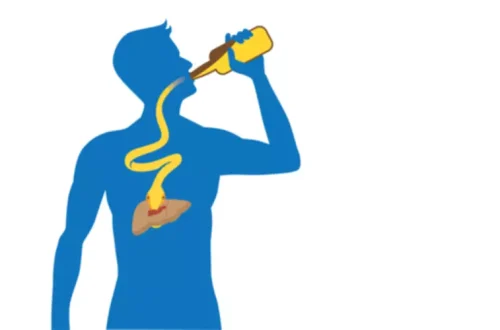
If you find yourself unable to reduce your alcohol intake despite understanding the risks it poses when mixed with blood thinners, it may indicate an underlying addiction. While some blood thinners can cause blood pressure to drop, alcohol can either raise or lower blood pressure, potentially leading to dangerous fluctuations. Alcohol consumption has a profound effect on various systems of the body, with the liver and brain being particularly vulnerable. Alcohol is metabolized by the liver, and excessive intake can lead to a buildup of toxic substances, resulting in conditions such as liver disease and cirrhosis. According to the National Institute on Alcohol Abuse and Alcoholism (NIAAA), a significant percentage of liver disease deaths are alcohol-related.
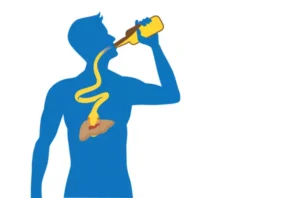
Most popular in Drugs
You don’t want to take another dose if your system hasn’t processed the last dose. If you do drink, you should not exceed the maximum weekly recommended intake of 14 alcohol units a week (a glass of wine is two units and a pint of beer or lager is two or three). Addiction, ensuring that the dangers of mixing alcohol with your medication are avoided.
Can alcohol cause blood clots?
- Blood thinners, such as Warfarin, are prescribed to prevent or treat blood clots, which can reduce the risk of stroke, heart attack, or other serious conditions.
- Additionally, alcohol can worsen certain side effects of blood thinners, such as high blood pressure.
- They are a group of drugs that stop certain blood cells (called platelets) from clumping together and forming a blood clot to help stop bleeding.
- A person needs to speak with a doctor about taking blood thinners safely.
- Most people who take blood thinners do not experience any serious side effects.
The liver’s ability to function properly is compromised as scar tissue replaces healthy tissue, leading to cirrhosis and increased risk for blood thinners and alcohol liver cancer. Research indicates that women may have a higher mortality risk from ALD compared to men, highlighting the importance of early detection and intervention. Alcohol should be limited while using Effient, especially among older adults.
- Alcohol can also limit the liver’s ability to metabolise other compounds and the kidneys’ ability to excrete broken-down toxins or drugs.
- Blood thinners can be dangerous, increasing your risk of severe bleeding during an accident or with an injury.
- Seeking professional help becomes extremely important in such situations.
- For those taking anticoagulants, drinking alcohol could cause a sudden drop in blood pressure, leading to dizziness or lightheadedness.
- Even minor injuries, such as scratches, can damage blood vessels and cause bleeding.
- The choice between an anticoagulant and an antiplatelet drug depends on the individual’s medical condition and the specific risk factors for clotting.
prescription drugs you should not drink alcohol with
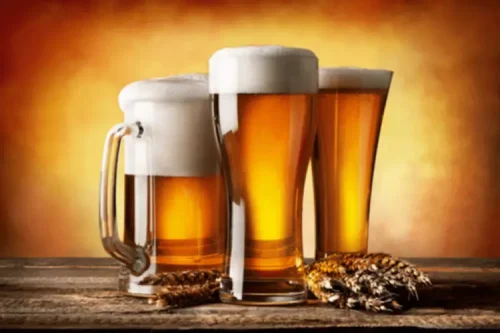
However, higher amounts of alcohol consumption may have the opposite effect and increase the risk of blood clotting. The review authors highlighted https://ecosoberhouse.com/ that previous research has suggested drinking significant amounts of alcohol every day has links to a higher risk of developing high blood pressure. They also discussed studies that indicated higher levels of alcohol consumption have associations with an increased risk of stroke, atrial fibrillation, and heart failure.
There are safer and more reliable ways to manage high blood pressure than regular drinking. If you are unsure whether your medication is considered a blood thinner, it’s important to talk to your doctor for personalized advice and information. Having a drink or two every once in a while may be fine when you’re on blood thinners — just be sure to talk to your doctor. If you’re a regular drinker, you may need to get your medication levels checked more often. Anticoagulants, also described as blood thinners, are a group of drugs that reduce the ability of blood to clot. Blood thinner medications prevent blood from sticking together (coagulation) which increases the amount of time it …
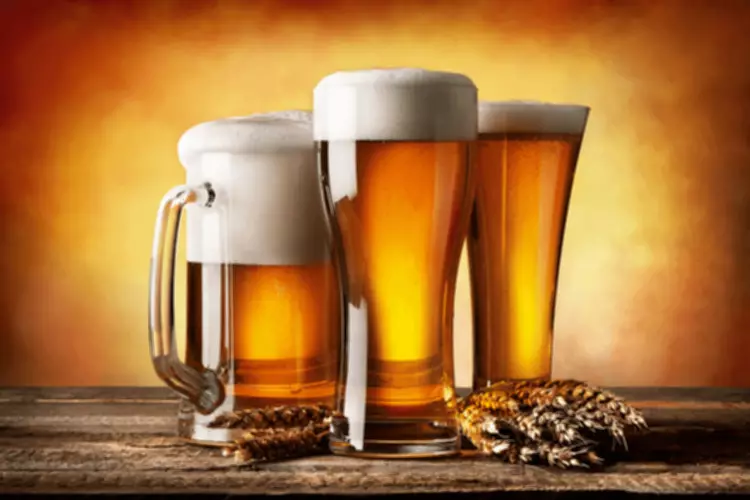
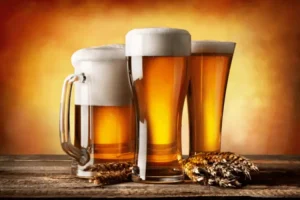
Keep reading to learn more about this blood-thinning effect, how alcohol interacts with blood-thinning medications, and more. With a wealth of knowledge and services to help you regain control of your life, request a call-back from one of our professionals today. It is estimated that at least 1% of the UK population and 8% of people over 80 are taking Warfarin. (In addition to disease of other organs like wet brain disease and liver damage symptoms). Remember, recovery is a journey, and at JourneyPure, we are dedicated to walking alongside you every step of the way. If you or a loved one is struggling with addiction and medication management, we are here to help.


